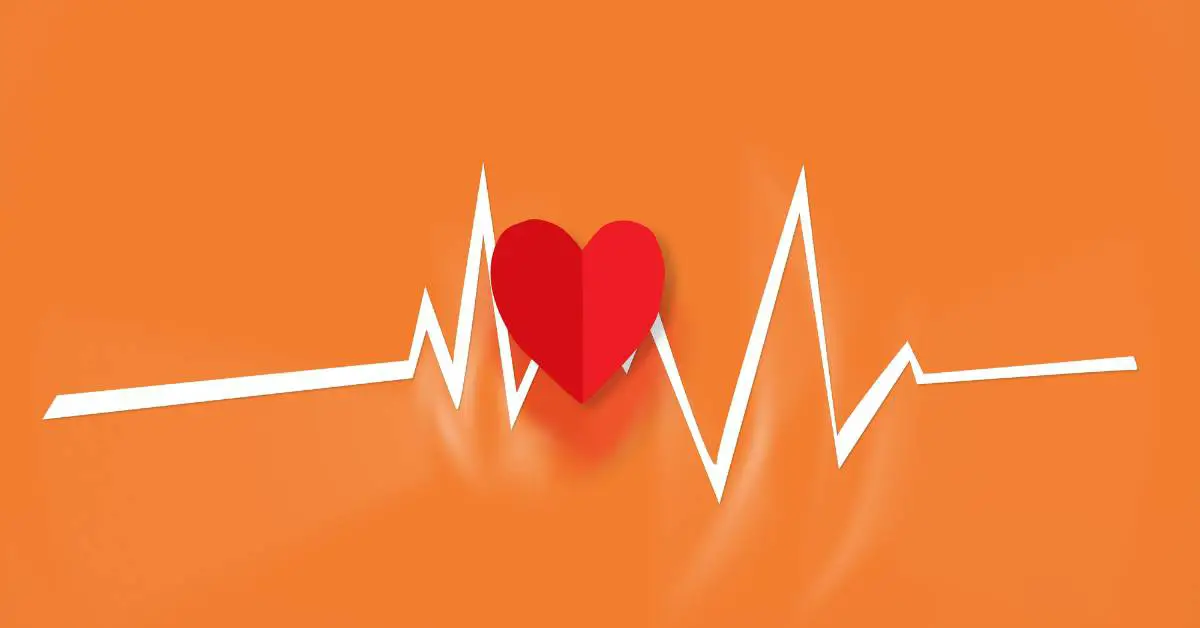What Is Low Blood Pressure? Causes, Symptoms, and Treatments
Blood pressure is the force exerted by the blood against the walls of arteries. It is a vital sign that helps medical professionals to determine the health of your heart and blood vessels.
However, low blood pressure can also cause significant health problems, including dizziness, fainting, and in severe cases, shock.
In this article, we will discuss what low blood pressure is, its causes, symptoms, and treatments.
What is Low Blood Pressure?
Low blood pressure, also known as hypotension, is a condition where the blood pressure is lower than the normal range.
Generally, a blood pressure reading below 90/60mmHg is considered low. However, low blood pressure can be different for each individual, depending on their age, health status, and lifestyle.
Causes of Low Blood Pressure
Low blood pressure can be caused by various underlying health conditions and environmental factors, such as dehydration, heart problems, endocrine disorders, and neurological conditions.
In some cases, certain medications such as diuretics, alpha blockers, or beta blockers can also cause low blood pressure as a side effect.
Furthermore, standing up quickly can cause a temporary drop in blood pressure, known as orthostatic hypotension.
Symptoms of Low Blood Pressure
The symptoms of low blood pressure can vary, depending on the underlying cause and severity of the condition.
Common symptoms include dizziness, lightheadedness, fainting, blurred vision, rapid or shallow breathing, fatigue, and nausea.
In severe cases, low blood pressure can lead to shock, which is a life-threatening condition that requires immediate medical attention.
Treatments for Low Blood Pressure
The treatment for low blood pressure depends on the underlying cause and severity of the condition. Mild cases of low blood pressure can be treated by increasing water intake, consuming more salt, or standing up slowly.
However, if your low blood pressure is caused by an underlying health condition, such as hypertension or heart disease, your doctor may recommend medication to manage your blood pressure.
Low blood pressure can be a serious health condition that requires medical attention. If you experience symptoms of low blood pressure, such as dizziness, lightheadedness, or fainting, seek medical attention immediately.
Your doctor can determine the underlying cause of your low blood pressure and develop an appropriate treatment plan to help you manage the condition effectively.
As always, maintaining a healthy lifestyle, staying hydrated, and following your doctor’s recommendations can help you to prevent or manage low blood pressure.

